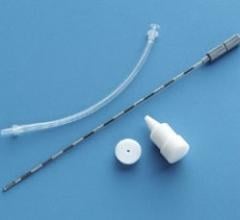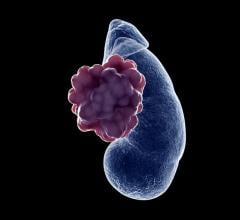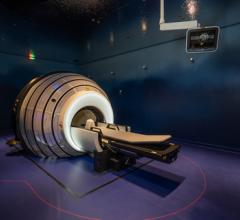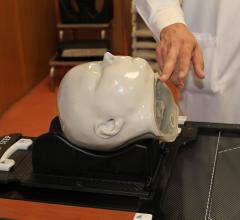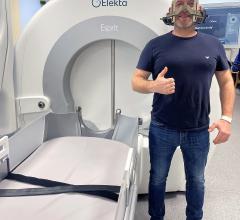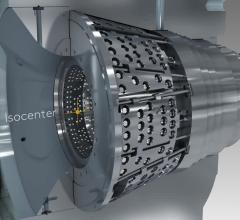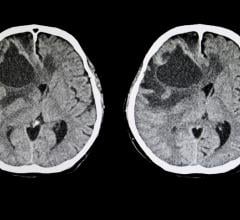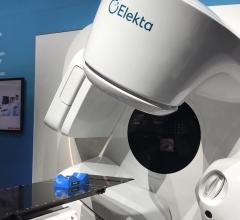September 23, 2008 – A multicenter trial testing intensity-modulated radiation therapy (IMRT) for patients with early stage oropharyngeal cancer showed a reduction in long-term salivary toxicity while achieving good tumor control according to new research from the Radiation Therapy Oncology Group (RTOG) presented at ASTRO 2008.
RTOG launched its phase I/II trial, RTOG 0022, to determine whether standardized dose and target definitions for IMRT could be accomplished in a multicenter setting. A total of 69 patients were entered on study from February 2001 through January 2005 from 14 academic and community institutions in the U.S. and Canada. A two-year local-regional control rate of 91 percent and a 49 percent rate of acute salivary gland toxicity (Grade 2) was reported by investigators compared with 80 and 84 percent in the same patient population from the RTOG database. The rate of salivary gland toxicity dropped to 23 percent at one year and 13 percent at two years. Evaluable patients who, at central review of their treatment plan, where found to have a major variation in their radiotherapy treatment plan had a significantly higher rate of local-regional failure than patients who were treated according to protocol (50 vs. 6 percent).
All institutions participating in the trial were pre-approved for IMRT by the Image-guided Therapy QA Center (ITC) at Washington University in St. Louis.
For more information: www.astro.org
Source: American Society For Therapeutic Radiology and Oncology


 September 12, 2025
September 12, 2025 
